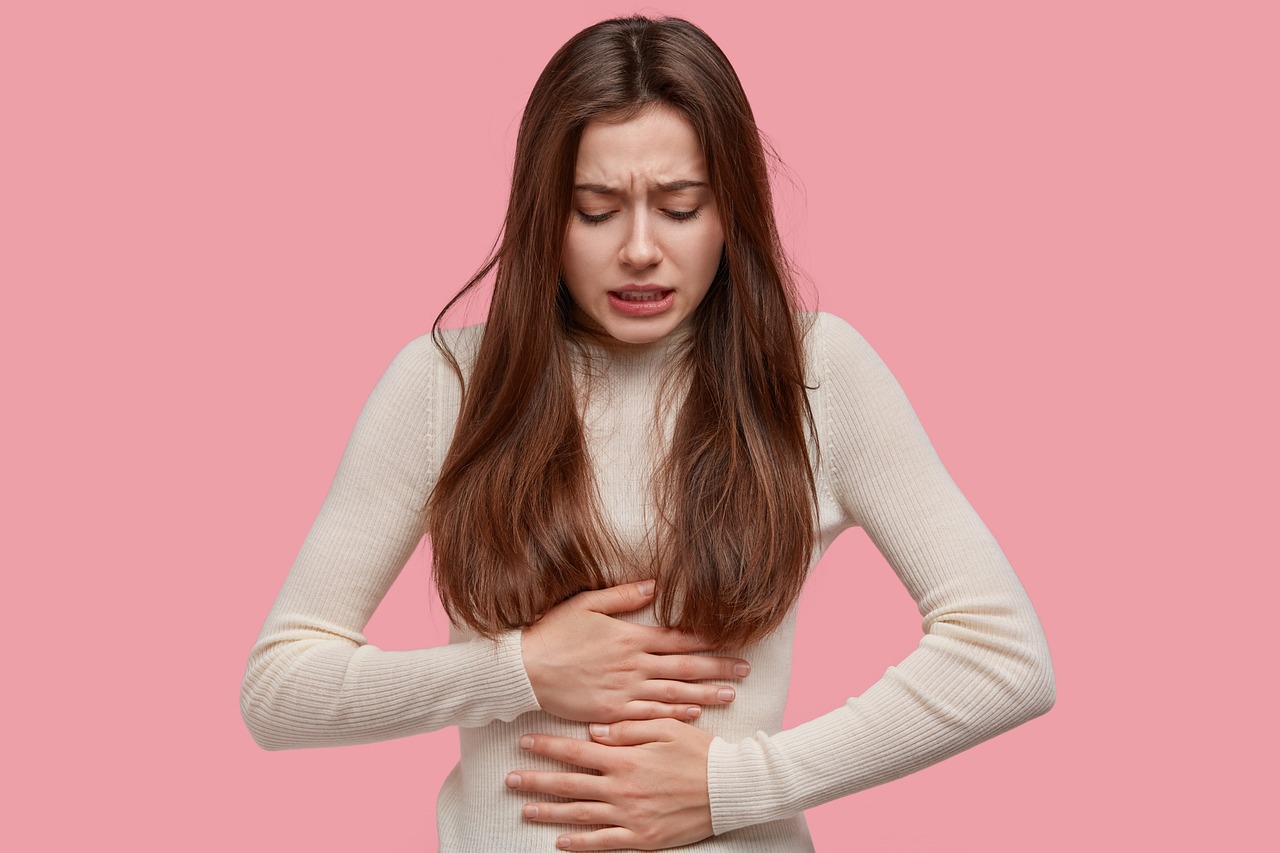
Menstrual cycle is a normal physiological process effecting females throughout their reproductive life. The periods (bleeding) that usually lasts for 4-7days often result in pain and discomfort in the lower abdomen. The severity of the cramps differ from person to person and is accompanied by symptoms like fatigue, mood swings, bloating, irritability and headaches. Individuals suffering from such severe symptoms before their periods due to hormonal changes are said to have “Pre-menstrual syndrome” or “PMS”. But there are few dietary choices that can reduce the pain associated with menstrual cramps and alleviate many related symptoms. Here is a list of 5 foods that helps during the periods.
- Herbal teas- Certain herbal teas such as chamomile, peppermint, and ginger have calming properties that can help reduce anxiety and stress. To promote relaxation, drink these teas throughout the day. Warm herbal teas relaxes the tensed uterine muscles, helps in easy blood flow and are thus beneficial during period cramps. Ginger and turmeric used in herbal teas have anti-inflammatory properties which helps in bloating during periods. Pain-relieving properties of herbs help in reducing the intensity of period cramps. Spices like cinnamon added to herbal teas help in blood circulation in the pelvic area reducing any discomfort. Fennel helps in aiding digestive and gastrointestinal issues associated with menstrual cycle. Herbal teas also helps in PMS due to their hormone regulating and balancing properties that reduces mood swings and other emotional changes.
A simple herbal tea recipe- Boil a cup of water, once start boiling remove from heat and add 1 teaspoon dried chamomile flowers, 1/2 teaspoon dried Ginger powder, 1 teaspoon dried peppermint leaves and 1 teaspoon fennel seeds. Let the herbs and spice steep in hot water for 5-10 minutes. Strain the tea to remove the herbs. Add a pinch of cinnamon powder, 1/2 lemon and a teaspoon of honey for flavor. Sip slowly. Drink this tea 2-3 times a day to relieve period cramps. - Dark chocolate- Dark chocolate with a 70% or more cocoa content with less amount of sugar is shown to have beneficial effect during menstruation. Dark chocolate contains substances that promote the production of endorphins, which are natural mood boosters. During their periods, many people experience mood swings or irritability, and consuming a small amount of dark chocolate can improve mood and reduce feelings of anxiety. Dark chocolate is also a source of magnesium which helps in muscle relaxation and thus reduce period cramps. It is also a source of a small amount of iron, a mineral that drops due to blood loss during menstruation. Also during cravings while menstruating, dark chocolate provide a sense of emotional satisfaction. But consuming it in moderation is recommend as excessive consumption may lead to high calorie intake. Portion size of 1 to 1.5 ounces of dark chocolate is advisable during periods.
- Omega- 3 fatty acids- Omega- 3 fatty acids such as EPA (eicosapentaenoic acid) and DHA (docosahexaenoic acid) help during period cramps caused by inflammation, due to their anti-inflammatory properties. Omega-3 fatty acids are potentially good mood stabilizer, help during mood swings throughout the periods. Adequate intake of Omega 3s influence prostaglandin production and regulate menstrual cycle along with pain perception. Omega-3s may also help reduce heavy bleeding by influencing blood clotting and vascular function. Incorporate Omega- 3 fatty acids in your diet through consumption of fatty fishes like Salmon, sardines, mackerel and flaxseeds, chia seeds, walnuts and fish oil capsule supplements.
- B Vitamins- Vitamin B consumption can also be helpful during menstrual periods due to its pivotal role in many bodily functions. They help in energy metabolism and convert consumed food into energy. Thus help in condition of fatigue or low energy levels during periods. Vitamin B1 (Thiamine) help as a pain reliever during period cramps by relaxing uterine muscles. Vitamin B6 (Pyridoxine) help regulate mood and hormones by aiding in synthesis of neurotransmitters like serotonin and dopamine. Thus reducing symptoms of irritability and depression. Vitamin B12 (Cobalamin) help in red blood cell production. Thus help combat fatigue due to blood loss during menstruation. Vitamin B2 (Riboflavin) help in iron metabolism. Thus support well-being during periods. Good sources of Vitamin B includes whole grains, nuts, eggs, fish, poultry, bananas, chickpeas, legumes leafy Greens, dairy products and fortified cereals. However refrain from excessive intake of certain B vitamins, particularly B6 and B12, that can lead to adverse effects.
‘XOX’
-TriGr







